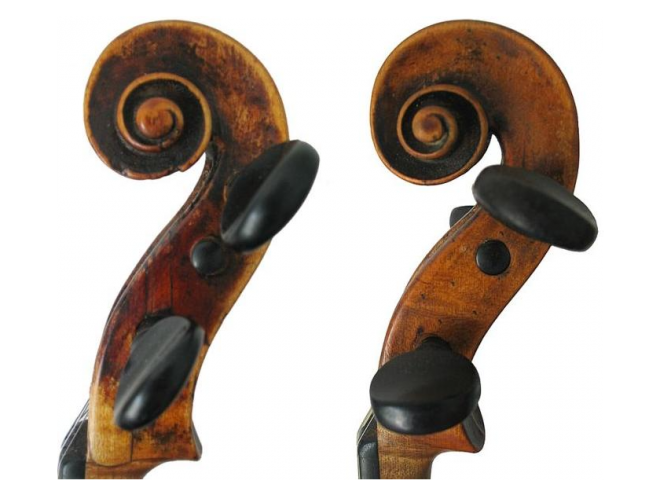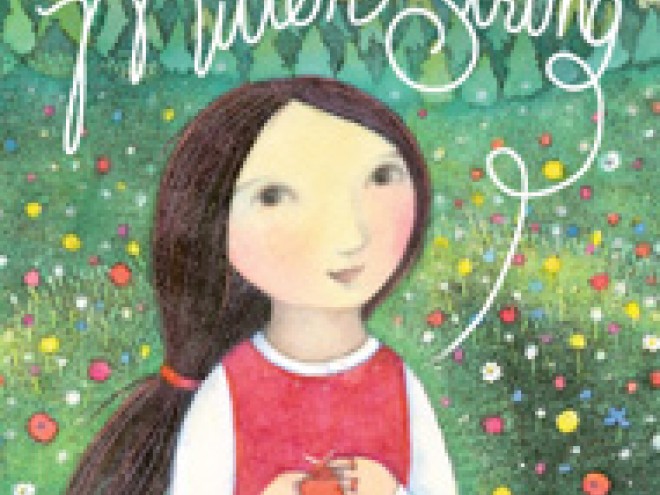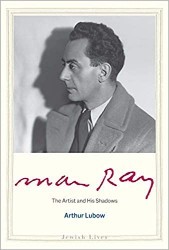Jennifer Rosner’s new novel, Once We Were Home, is a thought-provoking, moving tale about several children whose Jewish parents have given them to Christians in desperate attempts to save them from the Nazis. The plot tells the stories of Roger, a young French Jewish boy hidden away in a convent; Oskar and Ana, siblings whose mother arranges for them to be smuggled out of a Polish ghetto and hidden with a Christian couple; and Renata, an archaeology student whose mysterious background grows clearer over the course of the novel. Spanning several decades, the book’s scope is ambitious. Rosner sets Renata’s narrative in late 1960s Israel while also attending to Roger’s, Oskar’s, and Ana’s in war-torn Europe. She continues to follow these three war orphans until their timelines, and plotlines, intersect with Renata’s.
The characters are all compelling and well-written, and their individual ups and downs are sure to captivate readers; but the novel’s main questions surround issues of identity, parenthood, belonging, and morality — issues that, for the protagonists, are complicated by the way their lives were spared. What will happen to the kids whose parents did not survive? Or whose adoptive parents don’t want to relinquish them back to their biological families after the war? Roger, for example, is baptized and hidden away by the Catholic church in a direct attempt to hide him from his surviving family.
Based on historical phenomena, Once We Were Home provides insight into the reality of postwar life for European Jews. The bulk of Holocaust literature tends to focus on Nazism and concentration camp experiences, and understandably so. Rosner’s novel, however, pushes the boundaries of such literature, exploring some of the longer-term consequences that survivors and their families faced. The concentration camps may have been liberated, she seems to say, but those lucky enough to survive faced unique challenges that did not simply disappear when the war was over.





